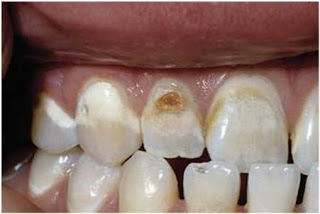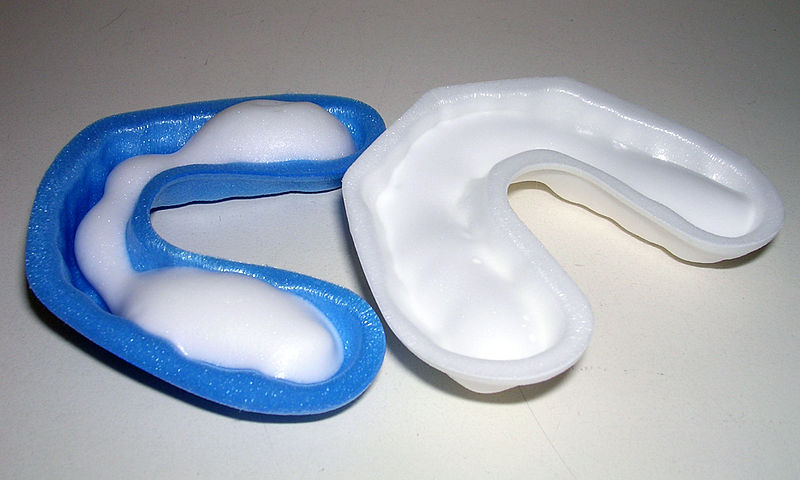Fluoride
How does fluoride work?
When the fluoride element is used routinely in small quantities, it helps prevent dental caries. It favors remineralization, by enforcing the tooth´s weak areas (demineralized) stabilizing its minerals (remineralization). These areas are the beginning of the formación of a carious lesion. It also inhibits the metabolism of caries producing bacteria in dental plaque. Fluoride is found naturally in water and certain foods, and also in dental products like toothpastes, mouthwashes, varnishes, gels and supplements. Fluoride is effective if combined with a balanced diet and good oral hygiene.

Is my child going to need fluoride supplements?
Boys and girls from 6 months to 16 years old may require fluoride supplements. Some factors have to be considered like age, caries risk, and the different liquids the child drinks, before prescribing fluoride supplements.
What type of toothpaste should my child use?
Your son or daughter must use a toothpaste with fluoride. Small children, especially pre-schoolers, should not swallow the toothpaste. Supervision and care is recommended, and only a small amount should be placed on the toothbrush. If children are not monitored they could easily swallow more than 4 times the recommended dosage of fluoride, causing stomach irritation.
How safe is fluoride?
Fluoride is documented safe and highly effective. Research indicates that water fluoridation is a method that has reduced caries rates more than 50%. Only minimum amounts of fluoride are required for maximum benefit.

What is topical fluoride?
Topical fluoride comes in different forms. Gels and foams that are placed with a fluoride tray at the dental office after teeth have been cleaned and polished. Children that benefit more from fluoride are those at higher risk for dental caries. Risk factors include a history of caries, diet high in simple carbohidrates, orthodontic appliances and certain conditions, such as dry mouth, which decrease caries resistance.




